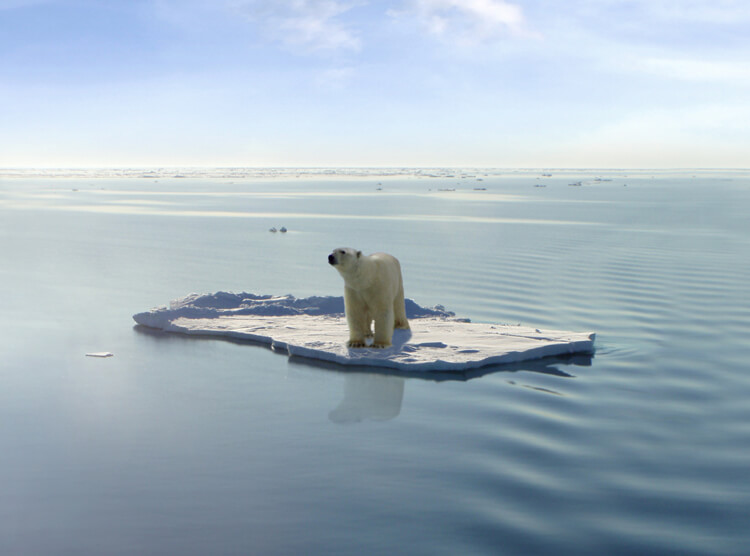CMC'S
NEWS' REVIEW (XI), by Marina Dorca
News'
title:
Warming’s role in
extreme weather
Climate change ups chances of hot temperatures and heavy precipitation
Date
of publication:
May
6, 2015
Source
of information: Student science
Scientific
field:
Environmental
biology
Extract:
Since
the industrial revolution, the earth has become 0,85ºC warmer. This
phenomenon is known as global warming, and it's caused even more
extreme weather events on the last decades.


Some
human activities have been largely behind this warming. For example,
burning fossil fuels has lead to a build-up of CO2 in
Earth's atmosphere. This CO2 is a greenhouse gas, which
means it can trap heat in the air, and that makes temperature rise.
Governments
are planning to limit global warming to 2ºC
above
temperatures that were typical before the
Industrial
Revolution.
Besides,
the article also talks about a recent climate study which was made in
Germany, in which they analysed the effects of global warming. The
scientists studied 25 computer models of global climate, and they
found out that across the planet there will be more extremes of heat,
rain or snow.

Critical
appraisal:
Global warming is one of the worst problems our planet is suffering. Greenhouse gases such as car emissions and other fossil fuels, factory gases, cigarrettes,... are charging the atmosphere of
CO2, which causes, as explained on the article, an increase of the Earth's temperature.
But,
despite being aware of this reality, very little is being done to
change this situation. Consumerism, car emissions of CO2 and
factory gases between other factors are polluting the air more and more everyday. And amid this actuality we're being both the victims
and the killers of this society. We could really do something to
change today's world but sometimes it's easier for us to just to
continue with our lifestyles without caring about the consequences they
entail.
However, there are also positive things abou all this. Many governments are concerned about all this environmental issues and are trying hard to lower temperatures. For example, there are some cities that are proposing initiatives to reduce traffic in order to decrease car emissions. Instead, they suggest taking the bike to go to work or going by food if possible.
So, in conclusion, I believe we all have to be responsible to the environment and put our part if we want our world to keep turning.

Glossary:
climate
change
Long-term, significant change in the climate of Earth. It can happen
naturally or in response to human activities, including the burning
of fossil fuels and clearing of forests.
computer
model A
program that runs on a computer that creates a model, or simulation,
of a real-world feature, phenomenon or event.
fossil
fuels
Any fuel — such as coal, petroleum (crude oil) or natural gas —
that has developed in the Earth over millions of years from the
decayed remains of bacteria, plant or animals.
global
warming
The gradual increase in the overall temperature of Earth’s
atmosphere due to the greenhouse effect. This effect is caused by
increased levels of carbon dioxide, chlorofluorocarbons and other
gases in the air, many of them released by human activity.
greenhouse
gas A
gas that contributes to the greenhouse effect by absorbing heat.
Carbon dioxide is one example of a greenhouse gas.
greenhouse
effect The
warming of Earth’s atmosphere due to the buildup of heat-trapping
gases, such as carbon dioxide and methane. Scientists refer to these
pollutants asgreenhouse gases. The greenhouse effect also can occur
in smaller environments. For instance, when cars are left in the sun,
the incoming sunlight turns to heat, becomes trapped inside and
quickly can make the indoor temperature a health risk.
Industrial
Revolution
A period of time beginning around 1750 marked by new manufacturing
processes and a switch from wood to coal and other fossil fuels as a
main source of energy.
simulate
To deceive in some way by imitating the form or function of
something.